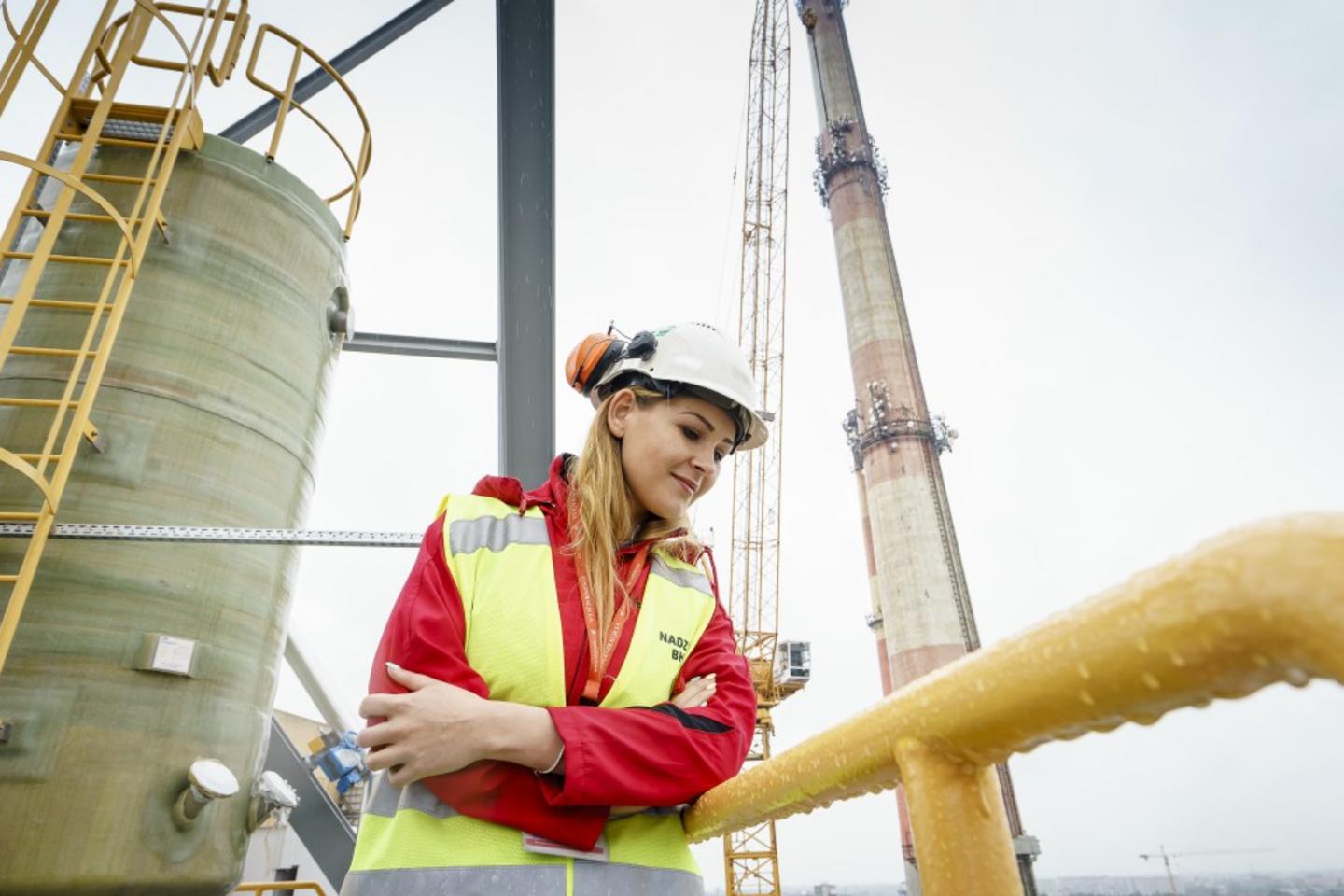Similarly to the EU, we believe that energy efficiency – achieving the same result with less energy – is one of the most cost-effective ways of reducing greenhouse gas emissions. Through the Grants, we support measures to step up energy efficiency and increase the share of renewable energy in Europe. We’ve come a long way, and we already see good results within our programmes. Let’s give you a few examples.
Improved energy efficiency in more than 200 buildings
Some of the programme results lead to desired impact without further interventions. These include, amongst other things, investments aiming to increase the energy efficiency of buildings, which in turns lead to reductions in emissions of greenhouse gas emissions. Through our programmes, we have improved energy efficiency in more than 200 buildings.
Poland generates most of its electricity from coal, but through our programme 'Saving energy and promoting renewable energy sources', more than 100 projects aiming to reduce the demand for fossil fuels and expand the use of renewable energy solutions in buildings have received funding.
Same results, less energy
The hospital and health care centre in Glubczyce is one example. Several of the buildings have been modernised and the hospital has been equipped with solar panels and heat pumps, thus reducing the demand for heat and fossil fuel-based electricity. The result is sustained energy savings and more energy efficient and climate-friendly energy solutions, which in turn will reduce greenhouse gas emissions.
Similar measures have been supported in Bulgaria, where 33 municipalities have receive funding in order to transform heating systems in public buildings to solutions that are more climate friendly and energy efficient. Thanks to one of our projects, the children in ‘Snow White’ kindergarten can now play on floors that are heated by a water underfloor heating system – a much more efficient way of using the energy. The project was realised with assistance from, among others, the Norwegian partner Greenzone AS.
Utilising renewable energy potential
Replacing fossil fuels with energy from renewable sources contributes to the more long-term impacts. In Oradea in western Romania, there is a great potential to increase the use of geothermal energy, which is a form of heat accessible from below the Earth’s surface. In cooperation with the Icelandic Geothermal Engineering, the municipality – including both houses and a school - is replacing fossil fuels for district heating with thermal energy produced from geothermal water. Not only does this contribute to reducing CO2 emissions, it also increases energy security by shifting to local resources.
In addition to providing funds for concrete measures, we give financial backing to awareness-raising and education. In Bulgaria, more than 2 600 state and municipal employees have undergone targeted training on how to improve energy efficiency in buildings and infrastructure either at national level or in their local community.
Interested to learn more about our efforts to improve energy efficiency and increase the use of renewable energy? Find out more by reading about our programmes for energy efficiency and renewable energy.
